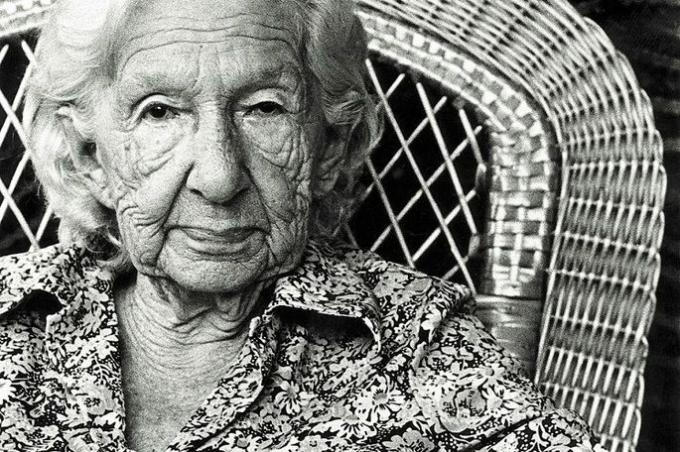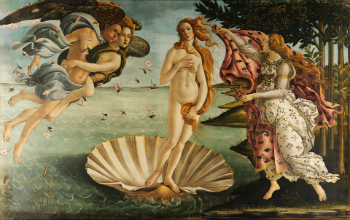Love is the most common feeling among people. Because it is a timeless and inexplicable theme and, above all, because it goes through everyone, it could not be forgotten by poets, who have in this theme one of the greatest motives for their compositions.
Check out these true masterpieces of Literature that the All Matter selected for you.
1. Love is fire that burns without being seen, by Luís de Camões

Love is fire that burns without being seen,
it's a wound that hurts and you don't feel it;
it's a discontented contentment,
it's pain that freaks out without hurting.It is not wanting more than wanting;
it's a lonely walk among us;
it is never being content with content;
it is a care that wins from getting lost.It's wanting to be trapped by will;
it is to serve the winner, the winner;
Have someone kill us, loyalty.But how can your favor
in human hearts friendship,
If so contrary to itself is the same love"
In this poem, Luís Vaz de Camões (1524-1580), a Portuguese poet who needs no introduction, works all the time with
antitheses, which achieves the great expressiveness of the poem:“it's a wound that hurts, and you don't feel it;
[...]
it's a lonely walk among us; "
It is through this stylistic resource that the author seeks to explain the inexplicable: How is it possible for someone to suffer for love and still want to love?
Thus ends one of the best-known love poems of all time:
"But how can your favor
in human hearts friendship,
If so contrary to itself is the same love"
2. My destiny, by Cora Coralina

in the palms of your hands
I read the lines of my life.
Crossed, sinuous lines,
interfering with your destiny.
I didn't look for you, you didn't look for me -
We went alone on different roads.
Indifferent, we crossed
You passed with the burden of life...
I ran to meet you.
Smile. We talk.
that day was scheduled
with the white stone
of the head of a fish.
And since then, we've walked
together for life..."
In this poem, Cora Coralina (1889-1985), one of the greatest Brazilian poets, tells of an inevitable encounter provided by fate, just like the love that came from it.
Known as the “writer of simple things”, her poem deals with love in an uncomplicated way:
“I ran to meet you.
Smile. We talk.
[...]
And since then, we've walked
together for life…”
3. The without-reasons of love, by Carlos Drummond de Andrade

I love you because I love you.
You don't need to be a lover,
and you don't always know how to be.
I love you because I love you.
love is a state of grace
and with love you don't pay.love is given for free,
is sown in the wind,
in the waterfall, in the eclipse.
love runs away from dictionaries
and to various regulations.i love you because i don't love
enough or too much to me.
Because love is not exchanged,
does not conjugate or love.
Because love is love to nothing,
happy and strong in himself.love is death's cousin,
and the victorious death,
no matter how much they kill him (and they do)
every moment of love."
In this poem, Carlos Drummond de Andrade (1902-1987), the greatest Brazilian poet of the 20th century, proposes an explanation of love through the repetition of the verse “I love you because I love you.”
With this, the poet wants to express that love is even so, sincere, without explanation, it could not be otherwise.
And because there are so many inexplicable reasons to love, Drummond plays with the poem's title, where the words “without” and “a hundred” are homophones (same pronunciation and different spellings).
With “no reasons” the poet expresses that it is not possible to explain love, while with “a hundred reasons”, the poet leads the reader to imagine that he will find in the poem a list of reasons that lead him to surrender to the love.
Don't stop here! There are more texts very useful for you:
- Greatest modern and contemporary Brazilian poets
- What is Haiku?
- concrete poetry
- Poetry-praxis
- the process poem
- Marginal poetry or mimeograph generation
- Poetry of 30: characteristics, representatives and poems


